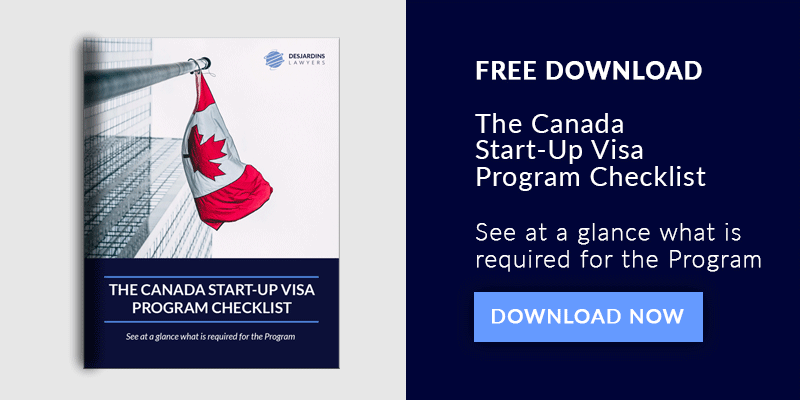The Federal Start-Up Visa Program (SUV) only recently became an official form of Canadian business immigration. Since SUV has not been around as long as the country’s other programs and is quite different in terms of its qualifying criteria for prospective applicants, misinterpretations have developed about how the program works and who it serves.
Our goal is to eliminate any confusion about the SUV program and provide helpful answers to some of its most common misconceptions.
Here are the 7 Myths about the Canada Start-up Visa Program:
1. There is a requirement for a high total asset value.
Many Canada investor visas require applicants to have a minimum amount of assets to qualify, some of which are substantial. The SUV program is not one of them. You do not need a minimum personal net worth to qualify for SUV, regardless of your business type or where you plan to start it.
2. You need to apply for a work permit first.
Candidates for the SUV program are free to apply for a temporary work visa if they are interested in moving to Canada quickly, but they are never required to. This Canada entrepreneur visa is the only one that allows applicants to apply for PR directly, thereby bypassing the mandatory work permit requirement enforced by alternative business immigration options.
3. You can only move to a province where your business idea is accepted.
SUV is the only form of business immigration for entrepreneurial professionals that is mandated by the Federal Government. Unlike the Provincial Nominee Programs (PNP) which grants Provincial Governments the power to limit where applicants can live and work, SUV candidates are free to establish their business anywhere in the country, except for Quebec.
4. You need a post-secondary diploma or university degree.
The education requirements for the SUV are more lenient than those of PNP-based programs. The latter tend to require applicants to have some form of higher education, but SUV applicants need only a high school diploma to qualify.
5. You need to prove management experience.
Applicants for a PNP business immigration visa typically must have at least 2 years of professional management experience (either as an owner or senior manager). The Federal Government does not require SUV applicants to have any management experience.
6. You need to fully fund your start-up business.
The purpose of the SUV program is to encourage entrepreneurial business immigration to Canada and help creative professionals turn their ideas into profitable companies that can benefit the country’s economy. Instead of making applicants privately fund their endeavors, the Federal Government requires individuals to partner with local designated organizations (e.g. Venture Capital Firms, Angel Investors, and Business Incubators) that will offer financial and other resources they need to succeed.
7. You need to find your own business partners.
One unique aspect of the SUV program is the opportunity for applicants to connect and partner with fellow, like-minded entrepreneurial immigrants to establish and grow their ventures.
The Federal Start-Up Visa is an excellent business immigration choice for entrepreneurs interested in starting a company in Canada with the help of a local partner. To find out if you qualify for an SUV visa, download a free copy of our Canada Start-Up Visa Program Checklist.
